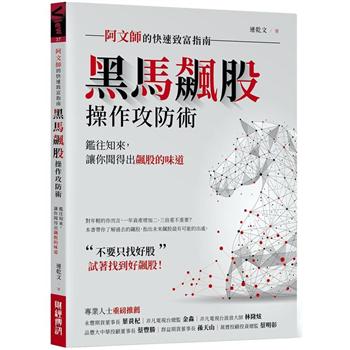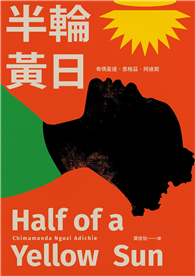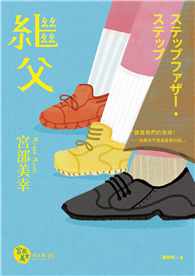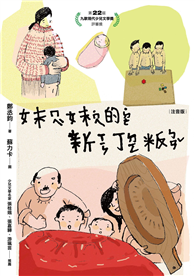| FindBook |
有 1 項符合
Outcast: A Jewish Girl in Wartime Berlin的圖書 |
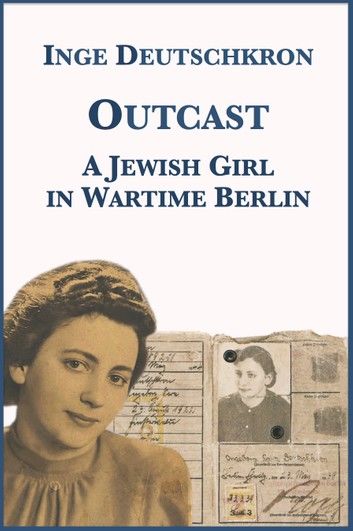 |
Outcast: A Jewish Girl in Wartime Berlin 作者:Inge Deutschkron,Jean Steinberg 出版社:Plunkett Lake Press 出版日期:2015-10-05 語言:英文 |
| 圖書館借閱 |
| 國家圖書館 | 全國圖書書目資訊網 | 國立公共資訊圖書館 | 電子書服務平台 | MetaCat 跨館整合查詢 |
| 臺北市立圖書館 | 新北市立圖書館 | 基隆市公共圖書館 | 桃園市立圖書館 | 新竹縣公共圖書館 |
| 苗栗縣立圖書館 | 臺中市立圖書館 | 彰化縣公共圖書館 | 南投縣文化局 | 雲林縣公共圖書館 |
| 嘉義縣圖書館 | 臺南市立圖書館 | 高雄市立圖書館 | 屏東縣公共圖書館 | 宜蘭縣公共圖書館 |
| 花蓮縣文化局 | 臺東縣文化處 |
|
|
In 1933, when she is ten, Berliner Inge Deutschkron learns that she is a Jew. At first her family is at greater risk for their leftist politics than because they are Jews. Her father flees to England; Inge and her mother hide in plain sight as non-Jews, dependent on the underground network for their survival, in constant danger of discovery or betrayal. Otto Weidt employed Inge in the office of his workshop for the blind. Toward the end of the war, Inge and her mother manage to leave Berlin, and eventually emigrate to England. Inge Deutschkron became an Israeli citizen and an editor of *Maariv*.
“... invaluable as testimony of the war years of one of Berlin’s 12,000 surviving Jews.” — ***Kirkus Reviews***
“[A] simple and charming memoir by a Jewish woman of how she survived as a girl in her late teens in wartime Berlin... Unsentimental, resilient and aware that luck can make all the difference, Inge Deutschkron... has remained a true Berliner.” — István Deák, ***The New York Review of Books***
|
